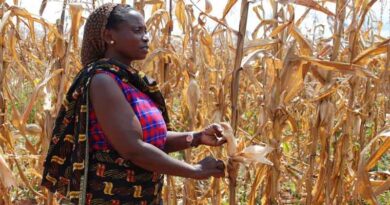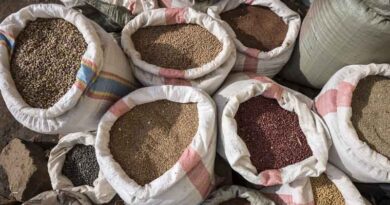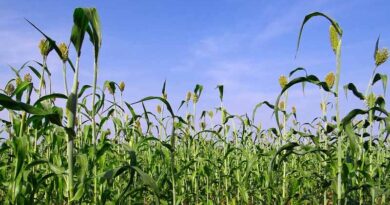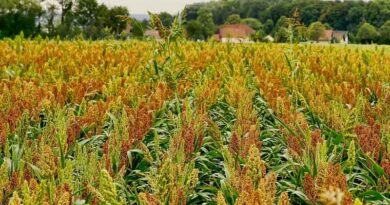Exploiting Indian Landraces to Develop Biofortified Grain Sorghum with High Protein and Minerals
21 November 2023, Africa: A recent study, titled “Exploiting Indian Landraces to Develop Biofortified Grain Sorghum with High Protein and Minerals,” focuses on the development of biofortified sorghum varieties with increased protein content and essential minerals. Published in the Frontiers for Nutrition—a leading agricultural journal, this research paper sheds light on the importance of sorghum in addressing malnutrition and food security, particularly in India and sub-Saharan Africa where Sorghum is the main source of protein for millions of people.
The study recognizes the increasing significance of sorghum in India and Africa owing to its gluten-free nature, antioxidant properties and low glycemic index. Despite its resilience and adaptability, the nutrient composition of modern cultivars is declining, contributing to malnutrition-related issues among vulnerable populations—thus necessitating genetic biofortification of sorghum to combat malnutrition and improve nutritional balance in the human diet.
The Researchers in this study sought to harness the genetic diversity of Indian landraces, traditional and locally adapted sorghum varieties, to develop biofortified sorghum. The primary objective was to increase the protein content and mineral composition, particularly iron and zinc, in sorghum grains. The study revealed the genetic improvement for nine nutritional and quality parameters of grain sorghum in India.
Through a rigorous selection and breeding process, the study successfully identified and developed several promising sorghum varieties with elevated protein and mineral levels. High-protein (~13%) varieties PYPS 2 and PYPS 13 evolved as protein-biofortified sorghum. These newly developed biofortified sorghum strains have the potential to contribute to improved nutritional outcomes for communities relying on sorghum as a dietary staple.
In conclusion, the study underscores the significance of biofortification in enhancing the nutritional quality of sorghum, a vital crop for food security and economic sustainability in India. By harnessing the genetic diversity of Indian landraces, researchers have made promising strides in addressing the nutritional deficiencies associated with sorghum consumption, offering a potential solution to improve the health and well-being of communities reliant on this resilient cereal crop.
Also Read: Global Fisheries Conference 2023 to be organized in India on 21-22 November at Ahmedabad
(For Latest Agriculture News & Updates, follow Krishak Jagat on Google News)















